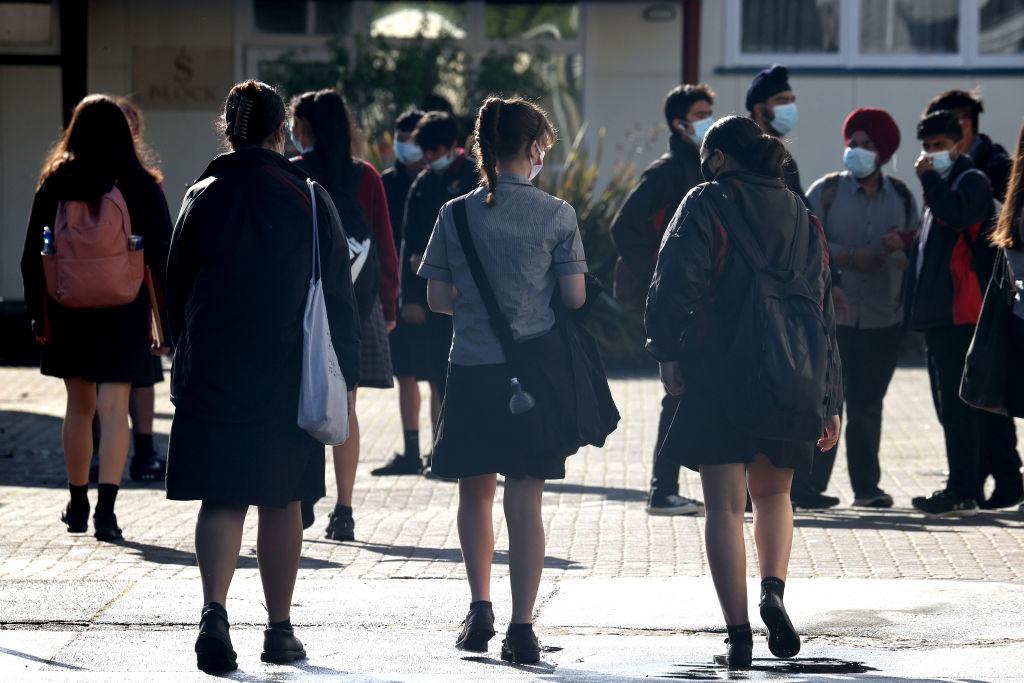All New Zealand primary and intermediate (Year 0 to 8) students are to be taught an average of an hour each of reading, writing, and maths from term one next year as part of the government’s “back to basics” approach to education.
Mobile phones will also be banned from the classroom starting in term two, though it is expected most schools will implement the measure as soon as they reopen.





